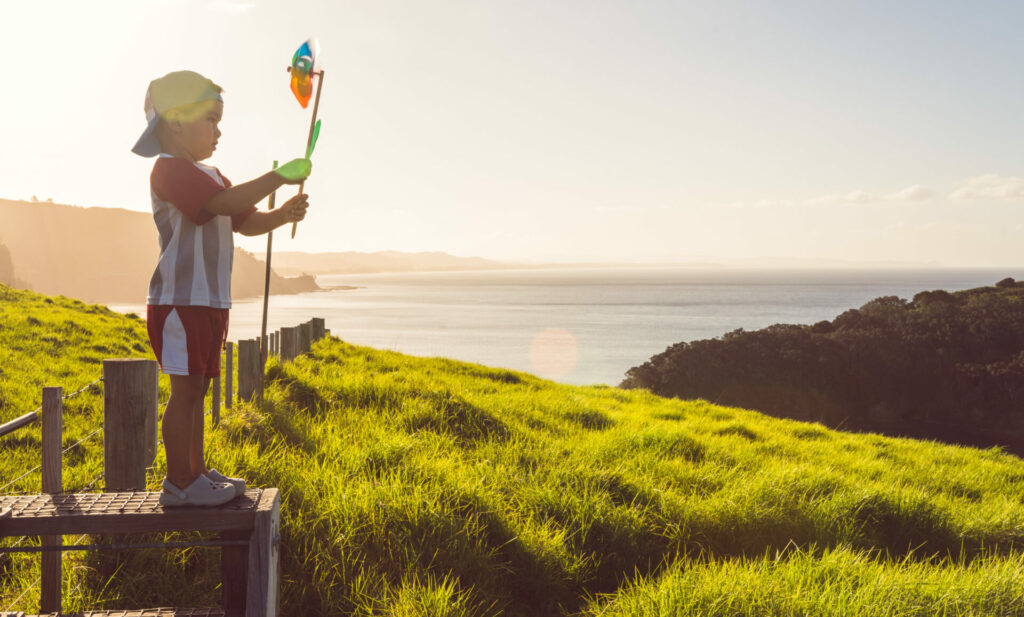- Impacts & Adaptation
Research Programme
- Christina Magill
GNS Science - Nicola McDonald
Market Economics - View the full team
Project Leaders
-
Budget
$400,000 -
Duration
October 2021 – December 2023
-
Completed project
Supporting community wellbeing when water is scarce
A tool for visualising the impact of climate adaptation strategies, in relation to water security, on community wellbeing
The uncertainty of climate change — what will happen to our homes, our jobs, our whānau, communities, and tāonga species — will continue to have a profound influence on the wellbeing of New Zealanders. In creating effective climate adaptation strategies, we need to be able to measure if they are effectively supporting different communities across the country, and meeting the specific wellbeing needs of each community.

Access to freshwater is one of the most pressing socio-ecological issues facing our nation, and is likely to become more heated under our future climate. Drought can dramatically reduce agricultural business’ bottom lines, leading to income stress, while heavy rainfall resulting in water contamination prevents communities from accessing safe drinking water.
Ensuring there is reliable water storage and diversifying agriculture to suit changing land conditions are options that may reduce negative impacts on communities. However, to know whether adaptation approaches such as these are effective in supporting communities’ wellbeing, we needed to create a tool for understanding the economic and public health outcomes of different adaptation approaches.
Using the Hawke’s Bay region as a case study, this project developed a tool for local councils and communities to use in exploring how individual and collective wellbeing is affected by water security. It is up to different communities, particularly iwi/hapū, to determine wellbeing priorities for themselves: this research supports the wellbeing aspirations of communities by creating a tool to better visualise the connections between environmental systems (atmospheric, hydrological), human systems (economic, social, built environment, governance) and wellbeing (employment, regional economy, incidence of disease).
How will this research can be used:
- Local councils and communities may use the tools developed to explore individual and collective wellbeing associated with water security concerns.
Who we are engaged with:
- Local and regional council
- Iwi based organisations
- Health providers
This research builds on several Deep South research projects:
- Drinking water, drought and climate change
- Climate change and drought: The future of farms and rural communities
- Climate change and its effect on our agricultural land
PROJECT TEAM
-
Catherine Moore
GNS Science -
Charlotte Brown
Resilient Organisations -
Christina Magill
GNS Science -
Brioch Hemmings
GNS Science -
Emma Moran
Market Economics -
Farnaz Pourzand
University of Otago -
Juan Monge
Market Economics -
Nicola McDonald
Market Economics -
Shannon Bengtson
GNS Science -
Simon Hales
University of Otago -
Smrithi Talwar
GNS Science / Victoria University of Wellington -
Stefania Mattea
Market Economics